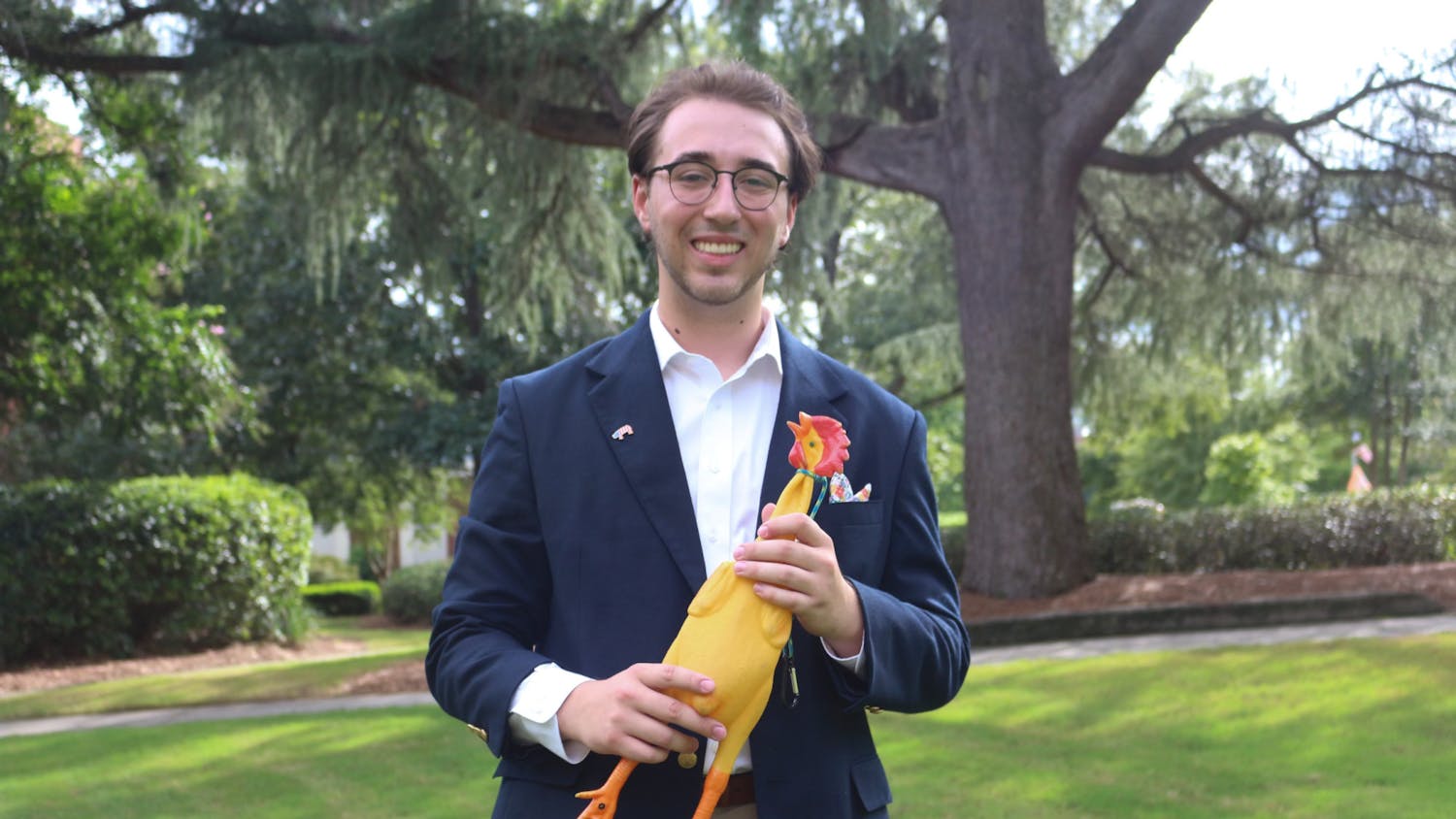Last week, the news broke that the Biloxi Public School System in Mississippi had decided to remove the classic American Novel, “To Kill A Mockingbird,” from its eighth grade curriculum. This is only the most recent case of a classic novel being banned from a school system; last year, Maya Angelou’s harrowing tale, “I Know Why The Caged Bird Sings,” was banned from a school district in Illinois. Censorship like this is, quite frankly, appalling, and it needs to stop immediately.
I read “To Kill A Mockingbird” in the eighth grade as a matter of fact, as did each and every one of my classmates. While reading the book, I learned many valuable lessons, ranging from respect and compassion, as well as learning about the history of the south. It was an amazing novel to read, and I instantly understood why it is frequently called the greatest novel in American Literature. At the time, I had no idea that a book such as this was being censored in districts around the country. I know now that the language used in books like these, as well as Angelou’s novel, may be less than acceptable in today’s culture. This uncomfortableness that people are having immediately validates one of the books’ many purposes:
You are supposed to feel uncomfortable.[sidebar title="Mockingbird Update" align="left" background="on" border="none" shadow="on"]
As of October 25, To Kill A Mockinbird has been somewhat reinstated in Biloxi Public Schools on the condition that students must have parental consent to read the text. It still is not a part of the required curriculum. Read more about the initial coverage and the results of the controversy.
[/sidebar]
“To Kill A Mockingbird” was written about a period where bigotry, hatred and murder ran rampant in the south. While this may not be how the south is today, the book teaches about the solemn nature in which the book was written. The book uses strong language that may not be kosher to some families, but is absolutely necessary to the story.
This brings me to the main concern: parents. More often than not, a book gets banned because one single parent decided to disagree with what was being taught. In this case, a parent in Biloxi, Mississippi did not like the language that was used in “To Kill A Mockingbird,” so they decided to complain to someone, who then promptly removed the book from the curriculum.
Here lies the first problem: if a single parent does not agree with what is being taught in the book, maybe then their child could be excused from reading it. However, do not deprive the entire school system of the valuable lessons they could be learning by reading “To Kill A Mockingbird” just because one parent does not like it. This is the biggest problem with censorship in public schools: one parent thinks they have all the power, and in the end they get what they want at the cost of the education of everyone else in the system.
The second problem stems from this; these valuable lessons are designed to make you uncomfortable, and they are supposed to force students to think, to reason, and to understand. “To Kill A Mockingbird” may be one of the single most important lessons in my schooling career, simply due to all of the ethical and cultural lessons I learned from it. Many other books, like “Huckleberry Finn” and “1984” fall into this same vein, and the constant censorship from one uncomfortable mom baffles me.
Public schools should be given the authority they deserve when it comes to teaching students about classic literature. Students at the middle school level, and especially the high school level, are the best equipped they will ever be to obtain the knowledge within these pages, and it should not be overlooked in any way. Parents need to learn to let their children learn, or maybe they should join in the lessons to learn a thing or two themselves.
Opinion: Is the banning of books in public schools the right thing to do?

Banned books in Vroman's Bookstore.




